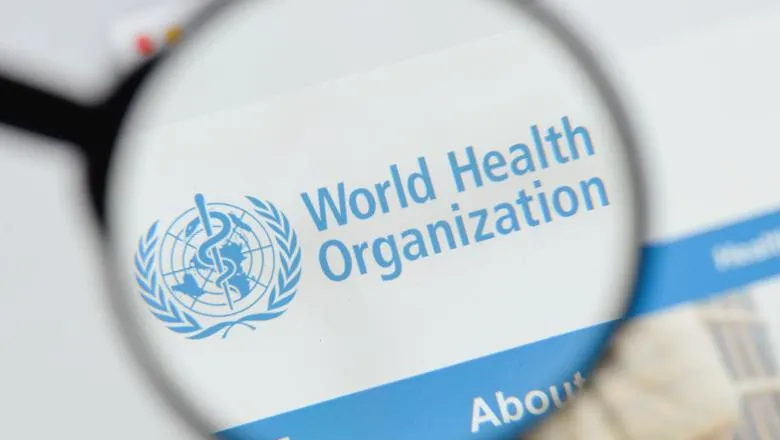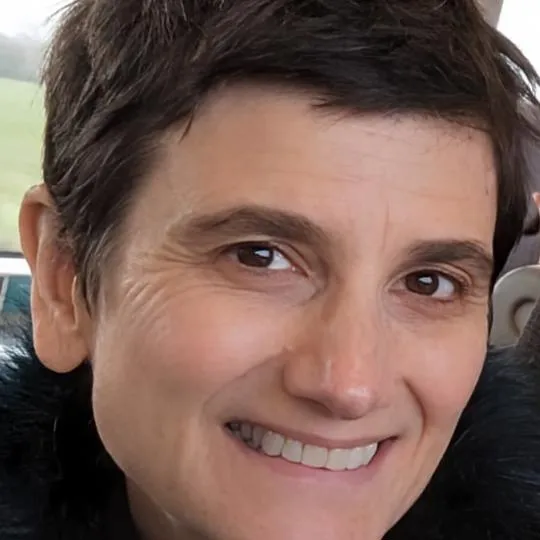Attempts by the WHO to push for an agreement in the Pandemic Treaty negotiations is detrimental to poorer countries, according to a leading global health expert.

Referring to the ongoing talks - which are reported to be stalling - the director-general of the World Health Organization (WHO) recently said that "time is very short" and countries should get on board to reach an agreement by May 2024.
However, Professor Sarah Hodges from King's College London says that, whilst preparations for another COVID type event are vital, pushing for a conclusion works against the interest of poorer countries.
Given the increased chances of another pandemic, there is a compelling argument for expediting the treaty-making process to allow faster and more equitable access to life-saving medications.But whilst richer countries often boast extensive diplomatic teams with broad subject matter knowledge, many poorer countries are represented by single-person delegations lacking equivalent expertise. Even if they possess scientific proficiency, they may lack the technical legal resources required to properly produce enforceable proposals.
Professor Sarah Hodges
Negotiations started more than two years ago for an international accord aimed at ensuring countries are better equipped to deal with the next health catastrophe, or to prevent it altogether.
Plans were set to announce an agreement at May's World Health Assembly, but reports from the talks in Geneva suggest this is highly unlikely.
Major sticking points at the negotiations include access to vaccines and treatments by poorer countries, whilst richer nations have concerns over how much money is being put into pandemic prevention.
Tedros Adhanom Ghebreyesus, director-general of the WHO, recently told the global body's executive board that negotiations were in danger of becoming "a missed opportunity for which future generations may not forgive us".
The rhetoric that 'time is very short' presents a significant danger, particularly for low- and middle-income countries (LMICs), says Professor Hodges.
"Pressure to act swiftly or risk missing out on the treaty's promise effectively warns LMICs that this is their sole opportunity, insisting they must conform to the timeline.
"However, this rapid pace raises concerns about what we refer to as 'time equity'--the fair allocation of time and resources for deliberation and decision-making among all stakeholders."
Writing in the journal PLOS Global Public Health, Professor Hodges and her University of Warwick colleagues Sharifah Sekalala, Shajoe Lake, and Yureshya Perera, suggest the initial May 2024 deadline should be seen as a moment for reassessment, not a final agreement.
A consensus, they argue, could be reached on key issues that must be agreed upon by May - with a redesigned treaty process to effectively use the next three months.
They also suggest some poorer countries could choose to focus on a few key objectives. These could include identifying at least three priority issues for immediate inclusion in the treaty, while deferring other matters to subsequent treaty protocols.
Priority areas highlighted by LMICs include intellectual property rights, and an equitable access and benefit-sharing system backed by commitments for sustainable financing for health system strengthening.
"Equity was the driving force behind countries' participation in negotiations, with the promise of a more just response to future pandemics. However, the negotiation process to design the instrument to achieve this does not align with this vision," says Professor Hodges. "To design a treaty that delivers fair outcomes, attention must be given to both the process and the results. Focusing on these critical areas over the next three months will demonstrate a genuine commitment to crafting a treaty that produces equitable outcomes.
"Otherwise, the past year would have been a costly misuse of resources."
Read the paper here







